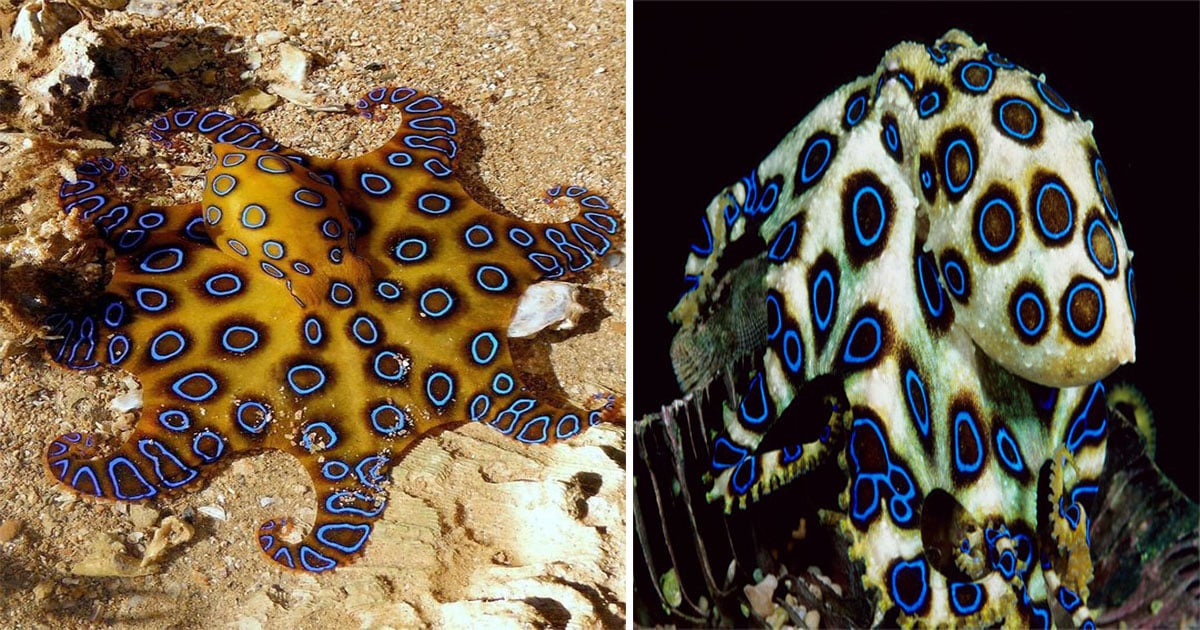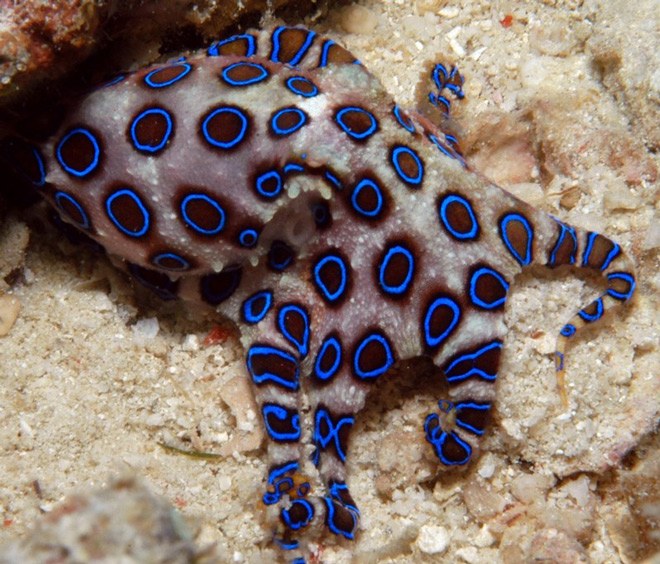
In a shocking turn of events, a woman from Australia unknowingly placed her life in grave danger by handling one of the world’s most venomous creatures.
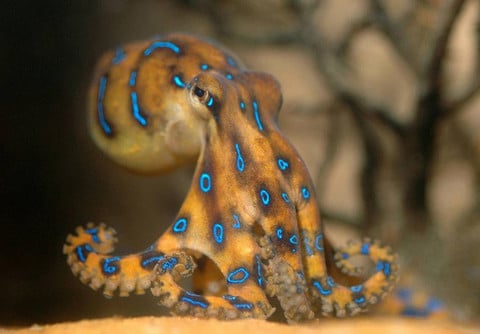
The unnamed woman was strolling along the seaside when she came across a captivating sight—a beautiful blue-spotted octopus. Enthralled by its adorable appearance, she impulsively picked it up and allowed it to crawl on her palm, completely unaware of the imminent peril she was exposing herself to. Oblivious to the potential danger, she even recorded a calm video of the encounter.
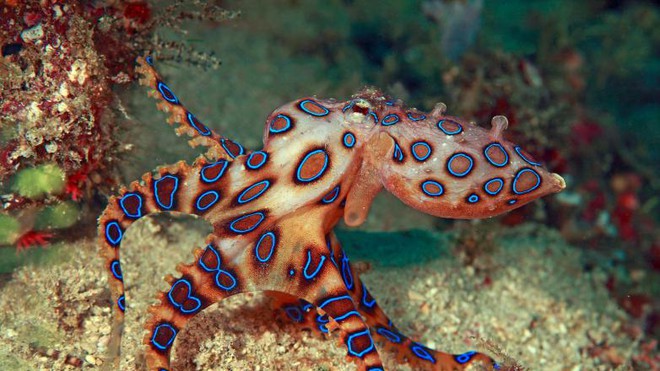
As soon as the woman shared the video on social media, it quickly gained attention from netizens. Many viewers were left stunned and deeply concerned as they watched the woman casually handle the venomous octopus in the palm of her hand. Comments poured in, expressing shock and cautionary advice. Some urged her never to touch such creatures again, emphasizing the lethal consequences that could have ensued.
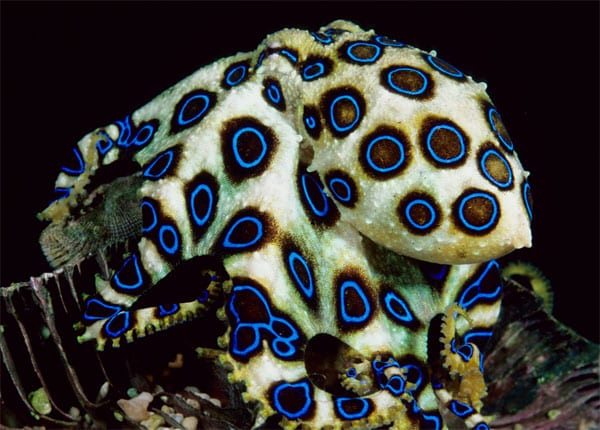
Native to the Pacific Ocean, the blue-spotted octopus possesses enough venom to swiftly end a human life within minutes. In terms of toxicity, it stands alongside the king cobra as one of the most venomous creatures on the planet. Just a single bite from this octopus can prove fatal to 25 individuals in a matter of minutes, far surpassing the potency of cobra venom, which takes 15-30 minutes to cause the death of a healthy adult.
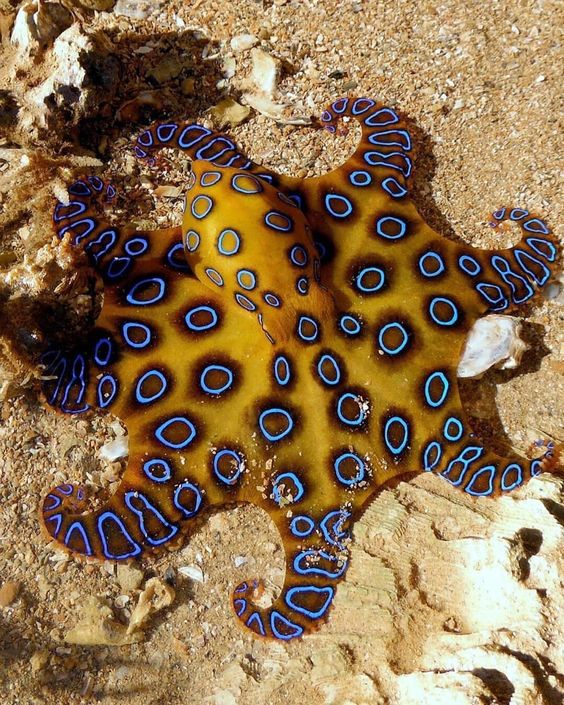
According to the Australian Museum, when the blue-spotted octopus senses danger, it deploys two types of venom—one for hunting its prey and the other for defense against predators. The venom used for hunting crabs, shrimps, and other venomous creatures contains tetrodotoxin, a potent neurotoxin that can cause paralysis in predators. This toxin is extremely dangerous if it comes into contact with humans.
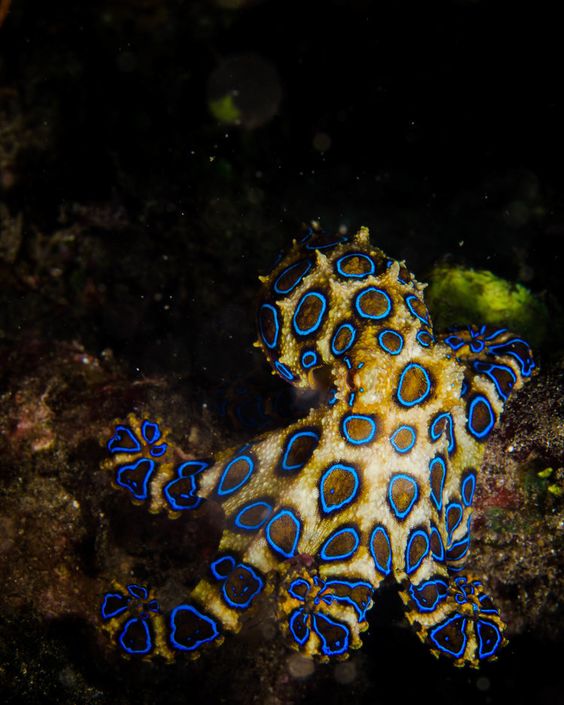
Victims of a blue-spotted octopus bite may not immediately feel the effects, but within minutes, symptoms begin to manifest. Numbness of the lips and tongue, breathing difficulties, and eventual paralysis of the respiratory muscles are some of the alarming symptoms that can arise
This unfortunate encounter serves as a stark reminder of the perils that ignorance can bring. Respecting and understanding the toxicity of wild animals is paramount to ensuring our safety in nature. Let this incident serve as a cautionary tale, urging everyone to be vigilant and avoid any contact with potentially dangerous creatures like the blue-spotted octopus, thus averting any unforeseen consequences.
